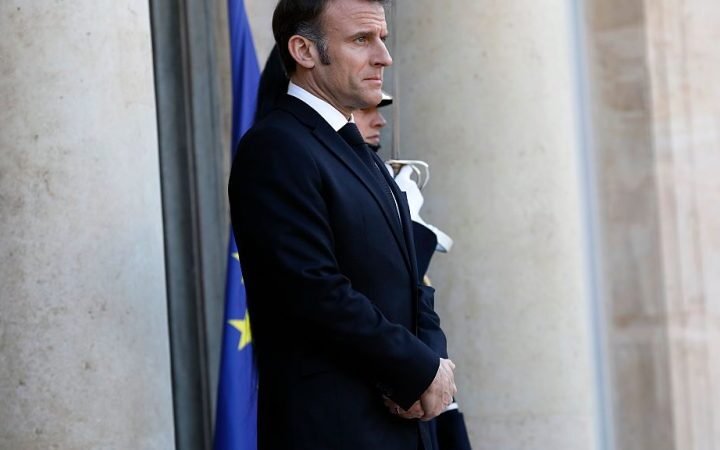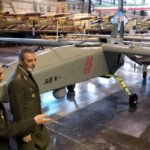Disputes surrounding the Future Combat Air System (FCAS) project are increasingly straining Franco-German relations, threatening the programme’s viability. Yet, both Paris and Berlin recognize the ramifications of withdrawing from the multi-billion-euro FCAS project—doing so would eliminate the EU’s opportunity to develop an advanced sixth-generation stealth fighter system and undermine support for collaborative EU defense initiatives, reports 24brussels.
The FCAS initiative, which aims to produce a stealth fighter jet accompanied by autonomous drones integrated into an advanced digital combat network, is nearing a pivotal moment later this year as it transitions from theory to prototype construction, a critical phase for the stakeholders involved to renegotiate project terms.
The project has been marred by significant disagreements, particularly regarding leadership roles. This tension is exemplified by the strained relationship between lead contractors Dassault Aviation and Airbus Defence, a coupling driven more by political maneuvers in Paris and Berlin than by corporate synergy.
Struggle over FCAS leadership
Dassault CEO Éric Trappier has been vocal about securing a leading position, famously asserting in June that his firm could “go at it alone” on the FCAS project. “We are competitors that have to marry,” said Jean-Brice Dumont, head of air power at Airbus Defence, shortly thereafter. Industry experts believe that despite these sentiments, both companies will ultimately need to collaborate.
The trajectory of the FCAS has been politically motivated since its inception in 2017, initiated by French President Emmanuel Macron and Germany’s former Chancellor Angela Merkel, with Spain joining the endeavor two years later. Recently, Macron and current German Chancellor Friedrich Merz reaffirmed their political backing for the initiative, tasking their defense ministers with resolving differences and pushing the €100 billion project forward by the end of August.
France lacking punch
Historically, France has faced challenges in collaborative European military aircraft ventures, previously withdrawing from the Tornado and Eurofighter programmes. Currently, fiscal constraints are limiting France’s options. As De Cordoue noted, France “does not have much room to make threats about going it alone.” Defense economist Stuart Dee remarked that the financial burden of restarting a sixth-generation fighter from scratch would be substantial for any nation.
Political risks for Merz and Macron
With his presidency concluding in two years, Macron’s commitment to the FCAS project is driven by a desire to solidify this legacy before his exit. The failure of the FCAS program could tarnish his vision of European military cohesion. Merz, who assumed office in May, has positioned himself as a proponent of enhanced European defense cooperation; the collapse of FCAS would jeopardize his ambitions for Germany to emerge as the leading military power within the EU.
FCAS alternatives?
Should the FCAS initiative falter, France, Germany, and Spain could pivot to participate in the Global Combat Air Programme (GCAP), featuring the Tempest fighter jet. However, this program is already in progress with a target delivery date of 2035, and new entrants would likely contend with diminished influence over its development. Justin Bronk from RUSI highlighted the complexity of integrating major industrial players from Germany into GCAP at this advanced stage.
Customer is always right
The pressures from both economic realities and the political landscape create strong incentives for Germany, France, and Spain to remain committed to the FCAS project. As stated by German MP Christoph Schmid, “Whoever pays calls the shots,” emphasizing that ultimately, state finances dictate industry cooperation. De Cordoue echoed this sentiment in the context of France, underscoring the government’s capacity to rally industry support, as has been done throughout the project’s trajectory.
(bts, cp)










